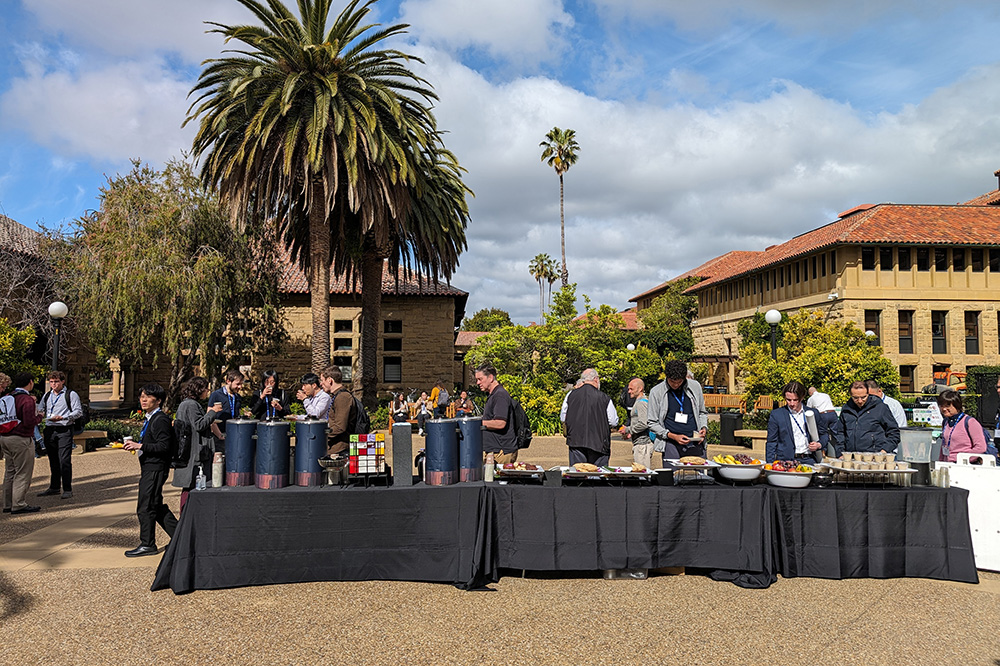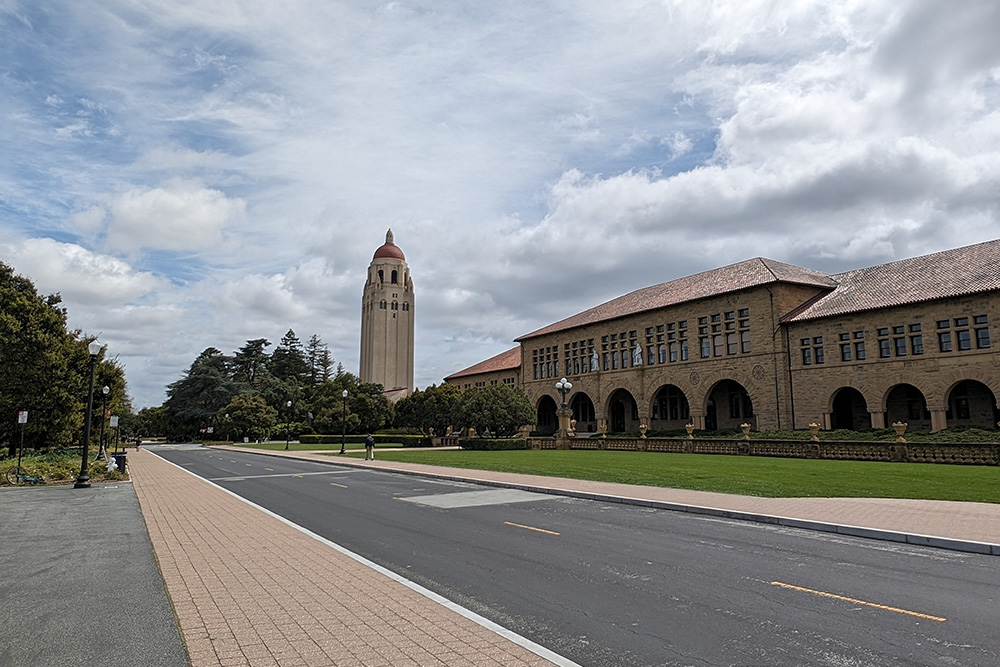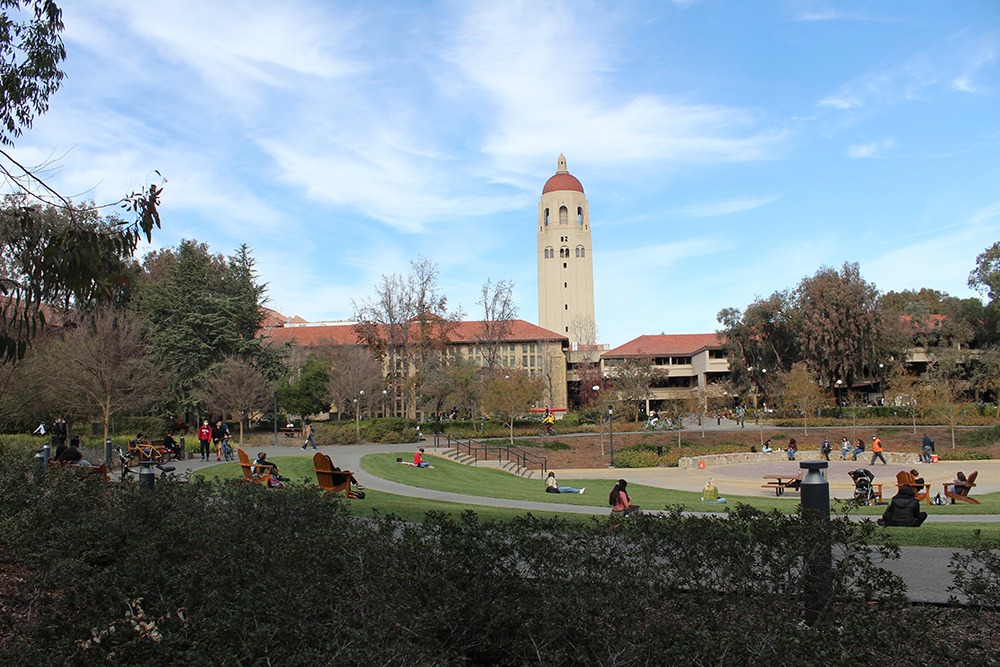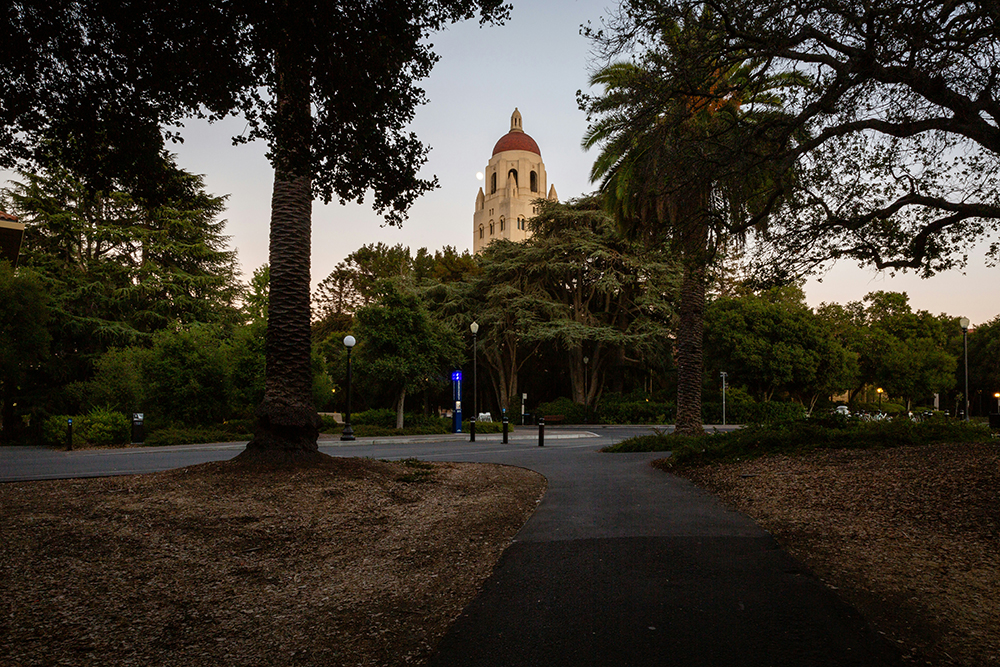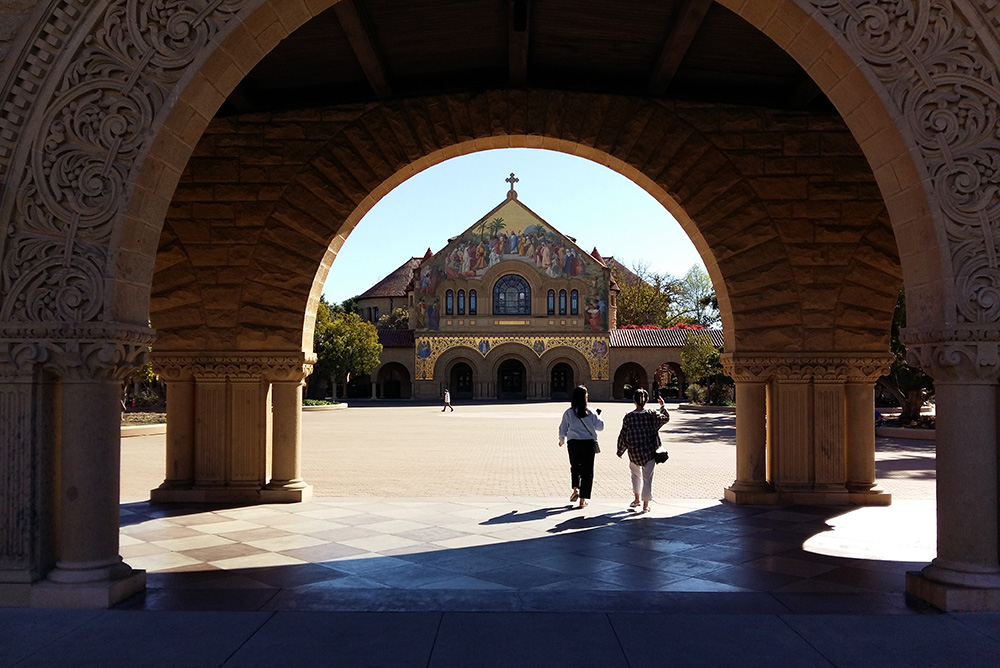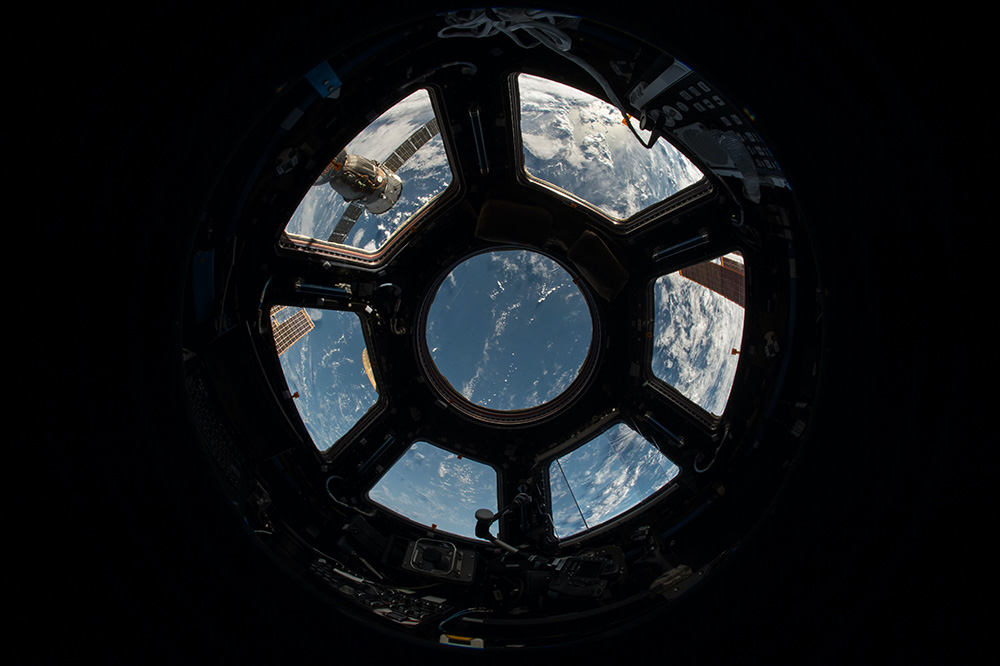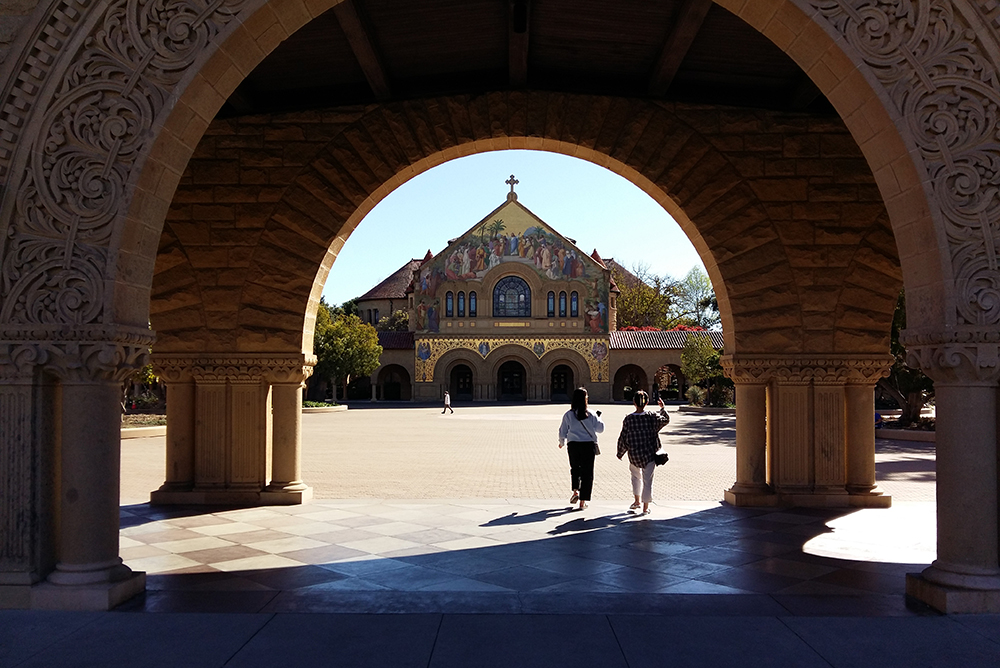On the second day of the AAAI Spring Symposia, one could already get the impression that the traditional conference has returned to its former greatness. The Covid pandemic had damaged it. In 2023, there were still too few participants for some symposia. Many stayed home and watched the sessions online. It was difficult for everyone involved. But the problems had already started in 2019. At that time, the Association for the Advancement of Artificial Intelligence had decided not to publish the proceedings centrally any more, but to leave it to the individual organizers. Some of them were negligent or disinterested and left the scientists alone with their demands. In 2024, the association took over the publication process again, which led to very positive reactions in the community. Last but not least, of course, the boost from generative AI helped. In 2024, you can see many happy and exuberant AI experts at Stanford University, with mild temperatures and lots of sunshine.
Generative AI at Stanford University
On March 26, 2024, Oliver Bendel (School of Business FHNW) gave two talks on generative AI at Stanford University. The setting was the AAAI Spring Symposia, more precisely the symposium “Impact of GenAI on Social and Individual Well-being (AAAI2024-GenAI)”. One presentation was based on the paper “How Can Generative AI Enhance the Well-being of the Blind?” by Oliver Bendel himself. It was about the GPT-4-based feature Be My AI in the Be My Eyes app. The other presentation was based on the paper “How Can GenAI Foster Well-being in Self-regulated Learning?” by Stefanie Hauske (ZHAW) and Oliver Bendel. The topic was GPTs used for self-regulated learning. Both talks were received with great interest by the audience. All papers of the AAAI Spring Symposia will be published in spring. The proceedings are edited by the Association for the Advancement of Artificial Intelligence itself.
Start of the AAAI 2024 Spring Symposia
The AAAI 2024 Spring Symposium Series will be held at Stanford University from March 25-27, 2024. There are a total of eight symposia. One of them is “Impact of GenAI on Social and Individual Well-being”. It will be hosted by Takashi Kido (Teikyo University, Japan) and Keiki Takadama (The University of Electro-Communications, Japan). The announcement text reads: “Generative AI (GenAI) presents significant opportunities and challenges in the areas of individual and societal well-being. While its benefits in areas such as healthcare, the arts, and education are enormous, it also requires careful consideration of ethics, privacy, fairness, and security.” On March 25, 2024, Takashi Kido opened the symposium with an interesting talk, including how ChatGPT would decide on the trolley problem. More information about the symposium is available here.
AAAI Spring Symposia Return to their Roots
The AAAI Spring Symposium Series will be held at Stanford University on March 25-27, 2024. The symposium co-chairs are Christopher Geib (SIFT, USA) and Ron Petrick (Heriot-Watt University, UK). Since 2019, the Association for the Advancement of Artificial Intelligence has not published the proceedings itself, but left this to the organizers of the individual symposia. This had unfortunate consequences. For example, some organizers did not publish the proceedings at all, and the scientists did not know this in advance. This, in turn, had consequences for the funding of travel and fees, since many universities will only pay for their members to attend conferences if they are linked to a publication. This major flaw, which damaged the prestigious conference, was fixed in 2024. As of this year, AAAI once again offers centralized publication, along with an excellent quality assurance process. Over the past ten years, the AAAI Spring Symposia have been relevant not only to classical AI, but also to roboethics and machine ethics. Groundbreaking symposia were, for example, “Ethical and Moral Considerations in Non-Human Agents” in 2016, “AI for Social Good” in 2017, or “AI and Society: Ethics, Safety and Trustworthiness in Intelligent Agents” in 2018. In 2024, you can look forward to the “Impact of GenAI on Social and Individual Well-being” symposium, which will focus on an app for the blind and GPTs as virtual learning companions (VLCs), among other things. More information is available at aaai.org/conference/spring-symposia/sss24/ (Image: DALL-E 3).
Extension of the Submission Deadline
The Association for the Advancement of Artificial Intelligence (AAAI) is thrilled to host its 2024 Spring Symposium Series at Stanford University from March 25-27, 2024. With a diverse array of symposia, each hosting 40-75 participants, the event is a vibrant platform for exploring the frontiers of AI. Of the eight symposia, only three are highlighted here: Firstly, the “Bi-directionality in Human-AI Collaborative Systems” symposium promises to delve into the dynamic interactions between humans and AI, exploring how these collaborations can evolve and improve over time. Secondly, the “Impact of GenAI on Social and Individual Well-being” addresses the profound effects. of generative AI technologies on society and individual lives. Lastly, “Increasing Diversity in AI Education and Research” focuses on a crucial issue in the tech world: diversity. It aims to highlight and address the need for more inclusive approaches in AI education and research, promoting a more equitable and diverse future in the field. Each of these symposia offers unique insights and discussions, making the AAAI 2024 Spring Symposium Series a key event for those keen to stay at the cutting edge of AI development and its societal implications. Some symposia have extended the deadline for the submission of abstracts and papers to January 7 or even 12. More information is available at aaai.org/conference/spring-symposia/sss24/#ss01.
AAAI 2024 Spring Symposium Series
The Association for the Advancement of Artificial Intelligence (AAAI) is thrilled to host its 2024 Spring Symposium Series at Stanford University from March 25-27, 2024. With a diverse array of symposia, each hosting 40-75 participants, the event is a vibrant platform for exploring the frontiers of AI. Of the eight symposia, only three are highlighted here: Firstly, the “Bi-directionality in Human-AI Collaborative Systems” symposium promises to delve into the dynamic interactions between humans and AI, exploring how these collaborations can evolve and improve over time. Secondly, the “Impact of GenAI on Social and Individual Well-being” addresses the profound effects. of generative AI technologies on society and individual lives. Lastly, “Increasing Diversity in AI Education and Research” focuses on a crucial issue in the tech world: diversity. It aims to highlight and address the need for more inclusive approaches in AI education and research, promoting a more equitable and diverse future in the field. Each of these symposia offers unique insights and discussions, making the AAAI 2024 Spring Symposium Series a key event for those keen to stay at the cutting edge of AI development and its societal implications. More information is available at aaai.org/conference/spring-symposia/sss24/#ss01.
AAAI Spring Symposia Return to Stanford
In late August 2023, AAAI announced the continuation of the AAAI Spring Symposium Series, to be held at Stanford University from 25-27 March 2024. Due to staff shortages, the prestigious conference had to be held at the Hyatt Regency SFO Airport in San Francisco in 2023 – and will now return to its traditional venue. The call for proposals is available on the AAAI Spring Symposium Series page. Proposals are due by 6 October 2023. They should be submitted to the symposium co-chairs, Christopher Geib (SIFT, USA) and Ron Petrick (Heriot-Watt University, UK), via the online submission page. Over the past ten years, the AAAI Spring Symposia have been relevant not only to classical AI, but also to roboethics and machine ethics. Groundbreaking symposia were, for example, “Ethical and Moral Considerations in Non-Human Agents” in 2016, “AI for Social Good” in 2017, or “AI and Society: Ethics, Safety and Trustworthiness in Intelligent Agents” in 2018. More information is available at aaai.org/conference/spring-symposia/sss24/.
Proceedings of “How Fair is Fair? Achieving Wellbeing AI”
On November 17, 2022, the proceedings of “How Fair is Fair? Achieving Wellbeing AI” (organizers: Takashi Kido and Keiki Takadama) were published on CEUR-WS. The AAAI 2022 Spring Symposium was held at Stanford University from March 21-23, 2022. There are seven full papers of 6 – 8 pages in the electronic volume: “Should Social Robots in Retail Manipulate Customers?” by Oliver Bendel and Liliana Margarida Dos Santos Alves (3rd place of the Best Presentation Awards), “The SPACE THEA Project” by Martin Spathelf and Oliver Bendel (2nd place of the Best Presentation Awards), “Monitoring and Maintaining Student Online Classroom Participation Using Cobots, Edge Intelligence, Virtual Reality, and Artificial Ethnographies” by Ana Djuric, Meina Zhu, Weisong Shi, Thomas Palazzolo, and Robert G. Reynolds, “AI Agents for Facilitating Social Interactions and Wellbeing” by Hiro Taiyo Hamada and Ryota Kanai (1st place of the Best Presentation Awards) , “Sense and Sensitivity: Knowledge Graphs as Training Data for Processing Cognitive Bias, Context and Information Not Uttered in Spoken Interaction” by Christina Alexandris, “Fairness-aware Naive Bayes Classifier for Data with Multiple Sensitive Features” by Stelios Boulitsakis-Logothetis, and “A Thermal Environment that Promotes Efficient Napping” by Miki Nakai, Tomoyoshi Ashikaga, Takahiro Ohga, and Keiki Takadama. In addition, there are several short papers and extended abstracts. The proceedings can be accessed via ceur-ws.org/Vol-3276/.
Speaking with SPACE THEA
In June 2022, the paper “The SPACE THEA Project” by Martin Spathelf and Oliver Bendel was published on arxiv.org. It was presented at the AAAI 2022 Spring Symposium “How Fair is Fair? Achieving Wellbeing AI” at Stanford University and came in 2nd place in the Best Presentation Awards. From the abstract: “In some situations, no professional human contact can be available. Accordingly, one remains alone with one’s problems and fears. A manned Mars flight is certainly such a situation. A voice assistant that shows empathy and assists the astronauts could be a solution. In the SPACE THEA project, a prototype with such capabilities was developed using Google Assistant and Dialogflow Essentials. The voice assistant has a personality based on characteristics such as functional intelligence, sincerity, creativity, and emotional intelligence. It proves itself in seven different scenarios designed to represent the daily lives of astronauts, addressing operational crises and human problems. The paper describes the seven scenarios in detail, and lists technical and conceptual foundations of the voice assistant. Finally, the most important results are stated and the chapters are summarized.” The paper will additionally be published in the proceedings volume of the symposium by the end of summer. It can be downloaded via arxiv.org/abs/2206.10390.
Best Presentation Awards at AAAI 2022 Spring Symposium
The AAAI 2022 Spring Symposium “How Fair is Fair? Achieving Wellbeing AI” was held March 21-23, 2022 at Stanford University. In the Best Presentation Awards, Oliver Bendel and Liliana Alves took 3rd place (“Should Social Robots in Retail Manipulate”), and Martin Spathelf and Oliver Bendel took 2nd place (“The SPACE THEA Project”). In 1st place was Hiroaki Hamada (“AI agents for facilitating social interactions and wellbeing”). Oliver Bendel had won first place at the AAAI 2019 Spring Symposium “Interpretable AI for Well-Being: Understanding Cognitive Bias and Social Embeddedness” with his paper “Are Robot Tax, Basic Income or Basic Property Solutions to the Social Problems of Automation?”, along with two other researchers and their teams. Both symposia – from 2019 and from 2022 – were hosted by Takashi Kido and Keiki Takadama from Japan. They are among the pioneers in the field of Responsible AI.
